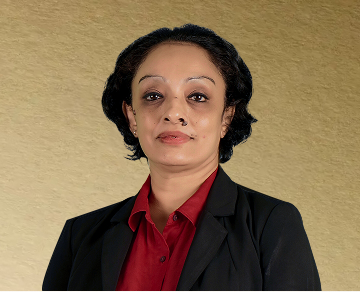

Home 

The Resilience Challenge
Implementing Partner: Build Change
Project name:Global Infrastructure Resilience Report, First Edition, Chapter 1
This chapter emphasizes infrastructure’s critical role in sustainable development, examining resilience across social, economic, asset, service, supply chain, systemic, and fiscal dimensions.
It highlights key challenges, weak governance, environmental degradation, and climate change, that disproportionately affect low- and middle-income countries (LMICs).
With heightened risks and infrastructure deficits, LMICs require robust resilience strategies to mitigate vulnerabilities, enhance adaptive capacity, and build sustainable infrastructure systems that support long-term development in disaster prone regions.
http://biennialdigitalreport.cdri.world/the-resilience-challenge/
in LMICs
to disrupted services
Impact
1
Strengthening infrastructure governance in LMICs can significantly reduce disaster risks by improving asset resilience and minimizing service disruptions. This, in turn, enhances sustainability, ensures long-term functionality, and supports broader development goals in hazard-prone regions.
2
Reducing systemic risks like climate change can reduce infrastructure losses, enhance resilience, and promote economic stability in vulnerable regions. Strengthening adaptation strategies and risk-informed investments will safeguard critical infrastructure, ensuring long-term sustainability and development progress.
3
Strengthening fiscal resilience can attract private investment, reduce infrastructure deficits, and foster sustained economic growth in LMICs. By enhancing financial stability and risk management, countries can build resilient infrastructure systems that support long-term development and prosperity.




